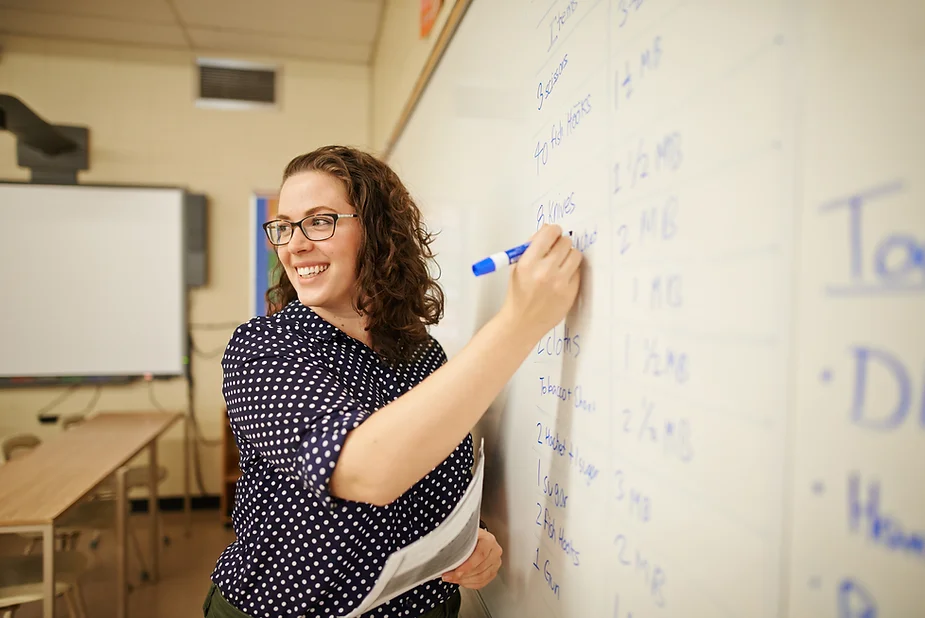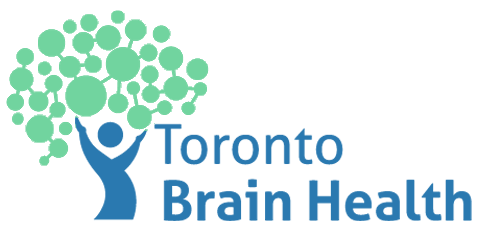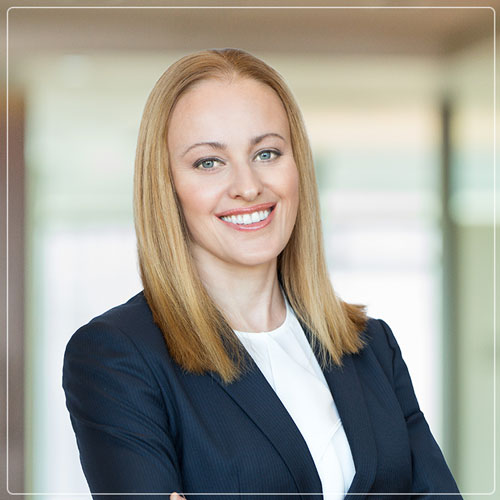Why see a neuropsychologist after sustaining a concussion in the workplace: Access through WSIB
Neuropsychologists play an important role in the assessment and treatment of persistent symptoms following a concussion, also referred to as a mild traumatic brain injury. While most individuals recover within 2 weeks of sustaining a concussion, approximately 15-20% of people experience persistent symptoms (residual symptoms more than 2 weeks after injury). If you are still experiencing symptoms after 2 weeks, a neuropsychologist can help you reduce your recovery time and get back to work and play.
Neuropsychologists, as well as physicians, can diagnose concussions. Neuropsychologists can further provide a comprehensive evaluation of psychological and neurocognitive symptoms after injury. When cognitive symptoms are present, known to occur in approximately 30% of individuals following concussion, many people report being most concerned about their thinking abilities. Moreover, they worry whether these difficulties are permanent. Depending on your medical history before injury, most cognitive symptoms can be caused or made worse by numerous factors which are treatable. These factors are known as barriers to recovery. When treated, cognition can improve or, in most cases, can go back to normal.
Barriers to recovery are identified during initial assessment with a neuropsychologist. These barriers can include low mood, irritability, anxiety, trauma, exacerbation of some or all pre-injury mental health conditions, headaches, other ‘traveling pain’ in the body or head, sleep disruption, overfocusing on symptoms and related difficulties, avoidance (e.g., screens, activities, lights, noise), low stress tolerance and most importantly misinformation about concussion and recovery. As part of treatment, neuropsychologist can determine return to work readiness, create a return-to-work plan together with your input, and provide you with guidance over the course of your return-to-work plan to increase the likelihood of a successful return in the short and longer term.

Why choose Toronto Brain Health?
Our neuropsychologists provide evidence-based concussion management according to available research and best practice guidelines. Drs. Lombardi and Svoboda have also developed a successful concussion protocol grounded in neuroscience, biopsychosocial models of pain intervention, and research in psychological and neurocognitive interventions. We have significant experience treating individuals with persistent symptoms following concussion and most importantly getting them back to their lives and to work. Our neuropsychologists all have doctoral (Ph.D.) degrees and several have further post-doctoral training (additional specialized research and/or clinical training after completing a Ph.D.). Your treating neuropsychologist can also provide you with guidance on accessing further evidence-based treatment, as needed, to address other barriers to recovery e.g., neck injury, physical exertion intolerance, dizziness or balance problems.
Toronto Brain Health is a registered treatment provider with the Workerplace Safety and Insurance Board (WSIB) under the Community Mental Health Program (CMHP). CMHP is for all people with a WSIB claim who require psychological assessment and/or treatment, this includes individuals who have sustained a concussion in the workplace and require neuropsychological intervention.
Accessing assessment and treatment at Toronto Brain Health through WSIB
Prior to starting psychological services, you will need to do the following:
- Attain a claim number from WSIB
- Get approval for psychological services by your assigned WSIB case manager
- Once the above steps are completed, call our office. You will be scheduled to complete a brief 10–15-minute screening interview to ensure our services are a good fit for your needs.
- Your first appointment will then be booked with one of our neuropsychologists.





